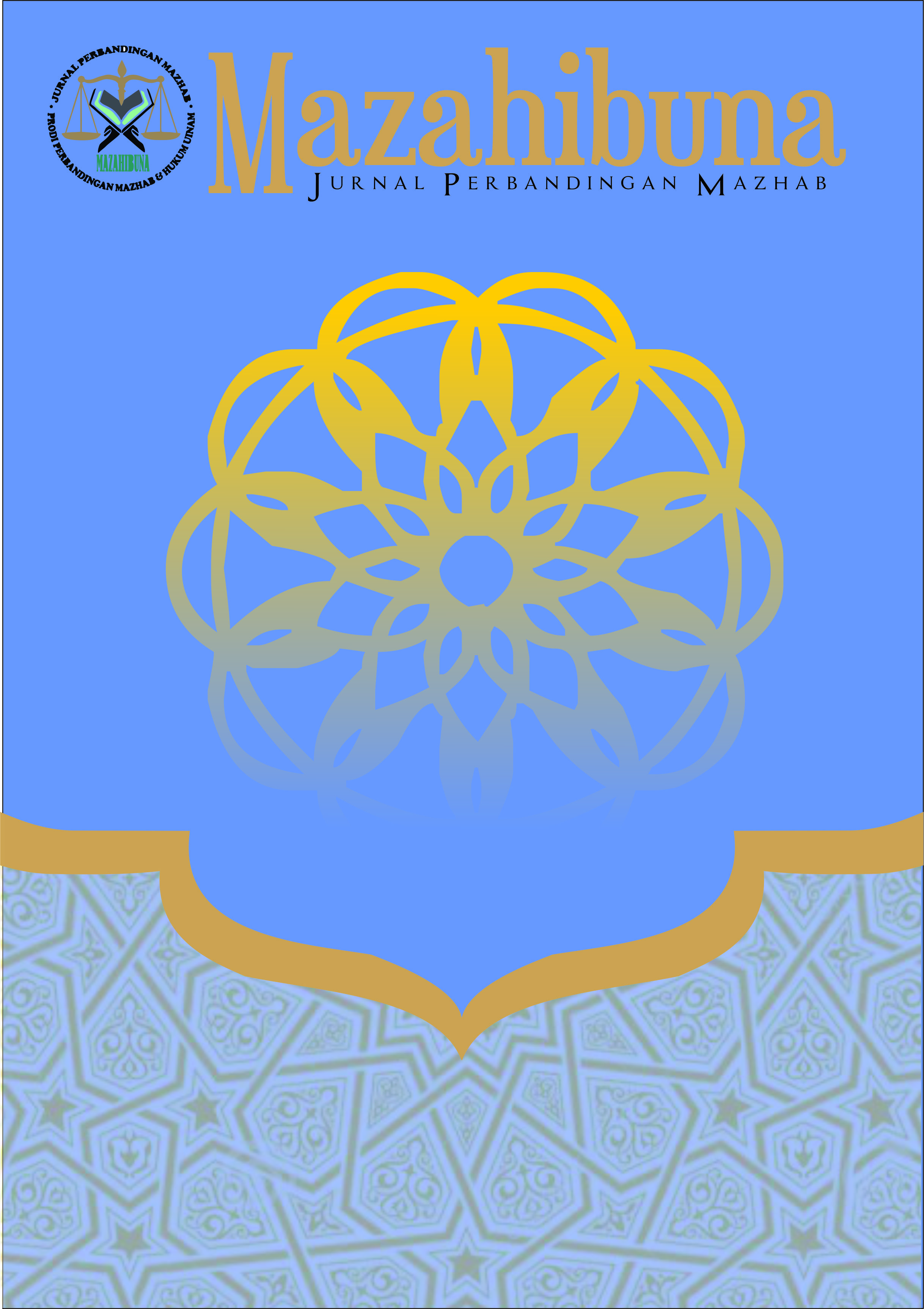Social Distancing dalam Saf Salat Berjamaah; Perbandingan Ulama dalam Mazhab
Abstract
This article outlines the views of scholars about the rules of safari in congregation while maintaining distance. The approach used is normative by trying to expose normative arguments from the view of ulama. The results show that in relation to the social distancing safty law in congregational prayers, the prayers remain valid and are allowed to do as an effort to break the chain of the spread of the corona virus. And part of our endeavors to Allah Almighty. and of course worship continues to be increased, prayer never interrupts, and our conviction persists that God will immediately raise this plague.
Keywords: Social Distancing; Congregational Prayers.
References
Abdul Syatar. “Darurat Moderasi Beragama Di Tengah Pandemi Corona Virus Desease 2019 (Covid-19).” KURIOSITAS Media Komunikasi Sosial dan Keagamaan 13, no. 1, Juni (2020): 1–13. https://ejurnal.iainpare.ac.id/index.php/kuriositas/article/view/1376/70.
Izzat Ubaid Ad-Duas, Al-Qawaidu al-Fiqhiyyah Ma’a al-Syarh al-Muujizu.
Ibnu Alan As-Shiddiqi, Dalilul Falihin, Juz VI.
Ibnu Hajar Al-Haitami, Tuhfatul Muhtaj bi Syarhil Minhaj.
Imam An-Nawawi, Raudhatut Thalibin, Juz I.
Syihabuddin Al-Qalyubi, Hasyiyah Qaliyubi wa Umaira Juz I.
https://www.alukah.net/sharia/0/42057/, di unduh pada tanggal 25 maret 2020

This work is licensed under a Creative Commons Attribution 4.0 International License.
Authors who publish with Mazahibuna: Jurnal Perbandingan Mazhab agree to the following terms:
- Authors retain copyright and grant the Mazahibuna: Jurnal Perbandingan Mazhab right of first publication with the work simultaneously licensed under Creative Commons Attribution License (CC BY 4.0) that allows others to share the work with an acknowledgment of the work's authorship and initial publication in this journal.
- Authors can enter into separate, additional contractual arrangements for the non-exclusive distribution of the published version of the work (e.g., post it to an institutional repository or edit it in a book), with an acknowledgment of its initial publication in this journal.
- Authors are permitted and encouraged to post their work online (e.g., in institutional repositories or on their website) before and during the submission process, as it can lead to productive exchanges, as well as earlier and greater citation of published work.

